How Sugar Develops Addiction
You’ve probably felt that irresistible craving to put something sweet and sugary into your mouth at least once in your life.
And when that urge forces you to eat not just a piece of cake, but the whole cake, you start realizing that there is something wrong with you.
You cannot stop yourself easily any longer, as you’ve already lost your self-control.
You may not think of it as an addiction, but the sad truth is that it very much is one.
Sugar is a calorie, which – if abused – negatively affects your health.
Consuming excess amounts of sugar leads to diabetes, obesity or excess weight, heart disease, stroke, heart attack, development of cancer cells, an overall reduction of life quality, and the list goes on and on.
However, sugar is actually vital for the human body, when consumed in moderate amounts.
Sugar is a carbohydrate that boosts your energy levels, allowing you to stay active throughout the day.
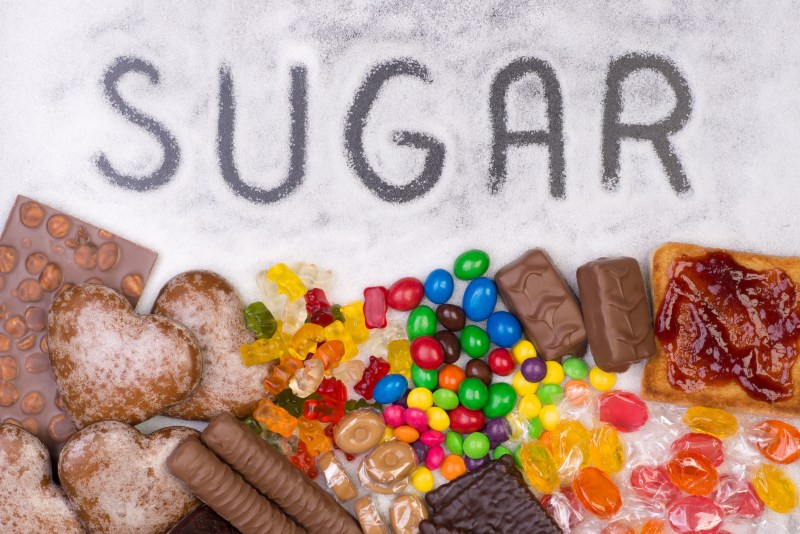
How Sugar Develops Addiction
Sugar Gives Energy Boost
Each and every cell of your body requires energy.
Sugar gives your body a powerful energy boost, which is one of the reasons why we develop sugar addiction.
How does this happen?
Here’s how: your body quickly converts sugar into glucose and releases it into your bloodstream.
As a result, your blood sugar levels spike.
Fruits, vegetables, as well as some dairy products, have the same effect on the body because they contain simple carbs too.
However, the difference is that fruits, vegetables, and dairy products also contain fiber and protein, both of which stabilize your blood sugar levels. (1)
On the other hand, cakes, cookies, candies, donuts, syrups, sugar you put in your tea, and other sugary products don’t have such properties.
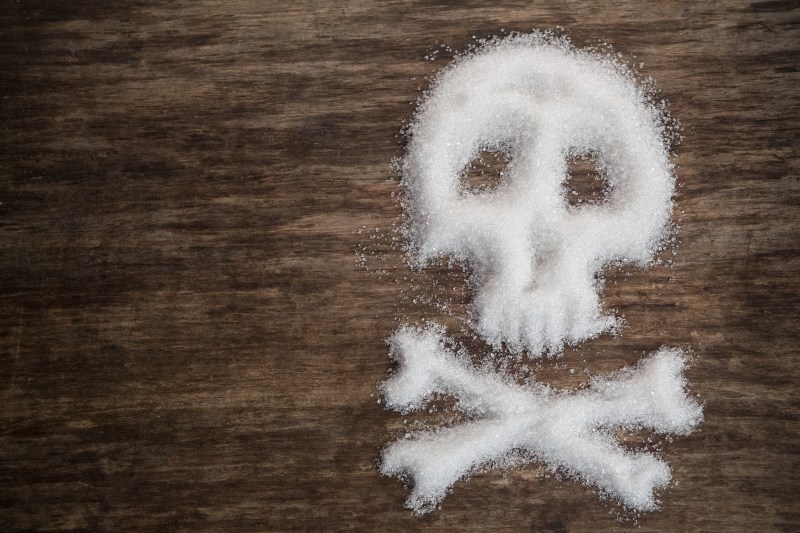
Sugar Fuels Brain
Your brain is tricked into thinking that sugar is a “reward” and it triggers a chain of reactions in your body that result in a much more powerful urge to consume even more sugar more frequently. (2)
Nonetheless, if you give into the urge of ‘rewarding’ yourself more often and start consuming sugar each time you crave it, this will most likely result in a sugar addiction. (3)
Sugar Triggers Production of Opioids in the Brain
Opioids are hormones that are usually produced by the brain when one consumes cocaine and nicotine.
So sugar has similar effects on the brain as cocaine and nicotine. (3)
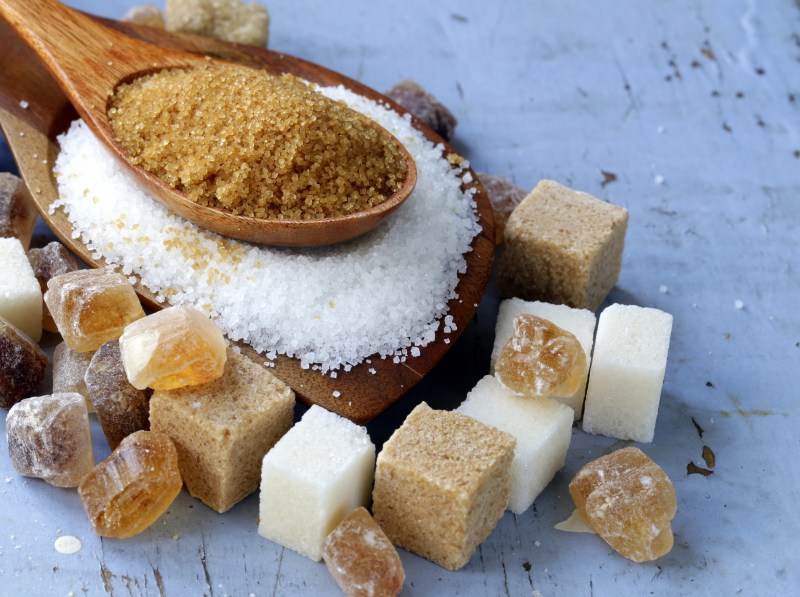
Sugar Makes Brain Addicted
Sugar triggers your brain to release dopamine, a neurotransmitter responsible for the reward and pleasure centers of the brain.
But if you consume sugar in large quantities, the brain’s reward and pleasure centers start malfunctioning.
As a result, you crave even more foods that contain sugar because their effect gradually becomes not as “rewarding” as it used to be.
And getting to that same level of “reward” you’re used to means consuming more sugary foods more often.
Sugar is Similar to Cocaine and Heroin
Sugar stimulates the same pleasure centers of your brain as drugs do; in particular, cocaine and heroin. (3)
If you get addicted quite easily, you are at a much higher risk of losing control and starting to consume sugar in large amounts.
Sugar Overstimulates Tongue
The human tongue has two sweet receptors, which are not adapted to sugary foods.
And when the receptors are not adapted to something, they tend to get overstimulated. (4)
Therefore, every time you consume sugar, your brain starts sending out chaotic signals, as a result of which you lose control and start craving more sugar.
That’s how sugar develops an addiction.
Sugar Addiction is Connected to Leptin Receptors
Another reason why sugar develops addiction lies in the hormone leptin, which plays a huge role in helping your body control weight and burn fat.
If you have issues with your leptin receptors, you are more prone to having sugar cravings and developing sugar addiction.
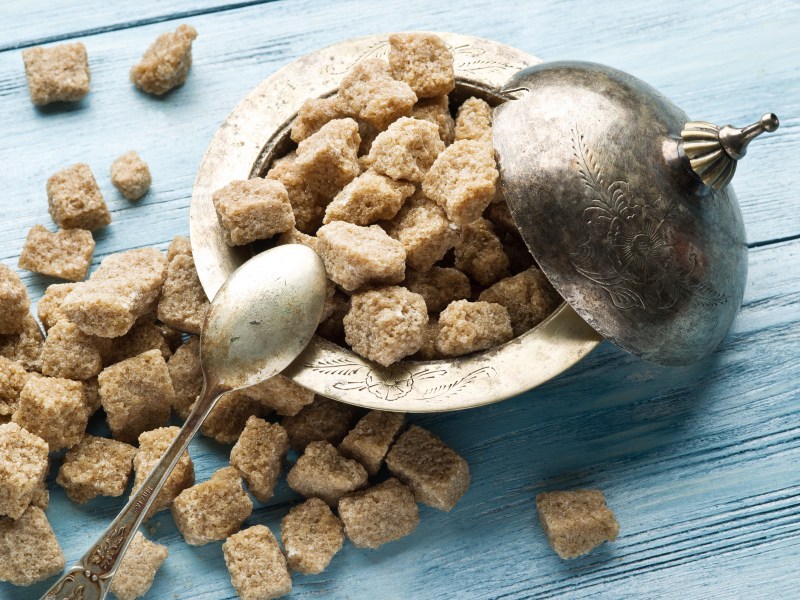
Sugar Addiction: Go Cold Turkey or Cut down Gradually?
As soon as you start having the unstoppable urge to eat something that contains sugar, it means you’re most likely addicted to sugar.
However, if you don’t crave sugary foods, don’t get too excited just yet.
Junk foods (such as chips, fries, hamburgers, etc.) are complex carbohydrates, which means your body has to break them down into simple sugars.
The human body has a similar reaction to junk food: your blood sugar levels spike.
White flour, as well as the food containing it (bread, pasta, spaghetti, baked goods, cereal, pizza, etc.), has the same negative effect on the body as sugar and leads to addiction.
If you’re already addicted to sugar, going cold turkey results in withdrawal symptoms as well as more sugar cravings.
And since sugar is directly linked to dopamine, you end up feeling anxious and depressed when going cold turkey on sugar.
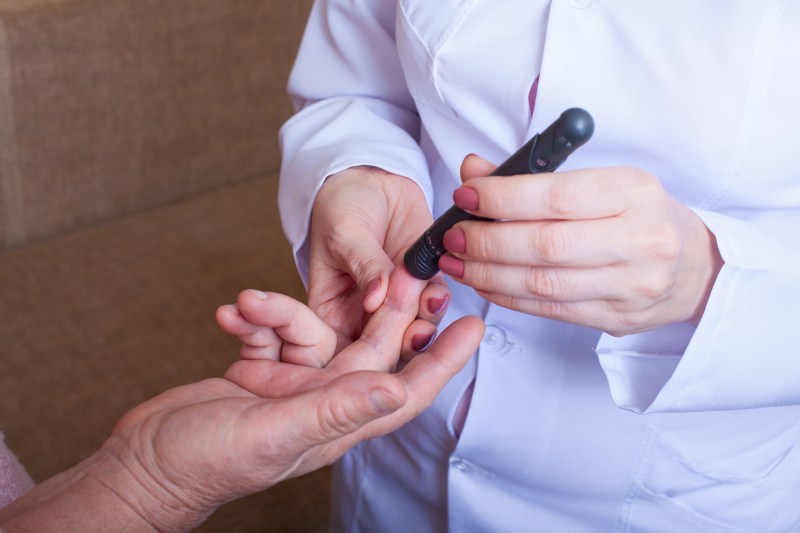
In 2008, Princeton researchers found that those rats, which consumed sugared water in large quantities, had their dopamine levels dropped when they were deprived of sugar.
Moreover, they exhibited anxiety as a sign of withdrawal. (5)
There are two ways to cure your sugar addiction: going cold turkey or gradually decreasing your sugar intake.
And while the former urges you to detox your body of sugar, it would be quite difficult for many people to do.
Instead, WebMD blogger Maryann Tomovich Jacobsen recommends cutting out one sugary food from your diet each week.
For example, you could start with putting less sugar in your tea and coffee.
The next week you could forget about sugary foods after 8 pm, etc.
In a few months, you would end up having little to no sugar in your diet while feeling great and having no need to suffer from withdrawal symptoms.
Don’t let sugar ruin your life.
An average American ate a little more than 6 pounds of sugar per year in the year of 1822.
Today, an average American eats nearly 140 pounds of sugar per year.
FDA Compliance
The information on this website has not been evaluated by the Food & Drug Administration or any other medical body. We do not aim to diagnose, treat, cure or prevent any illness or disease. Information is shared for educational purposes only. You must consult your doctor before acting on any content on this website, especially if you are pregnant, nursing, taking medication, or have a medical condition.
HOW WOULD YOU RATE THIS ARTICLE?
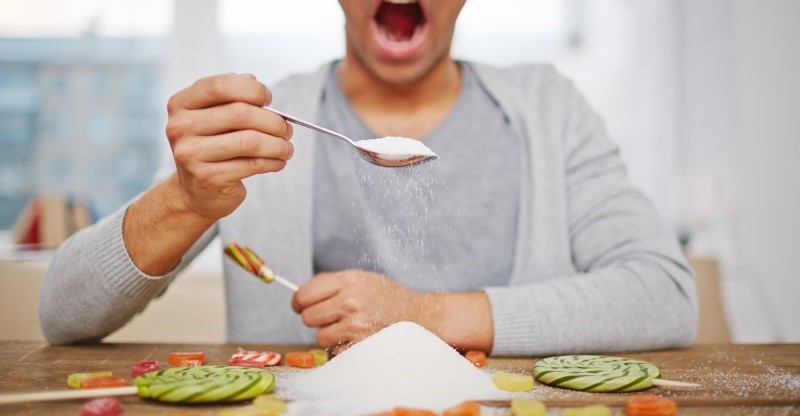


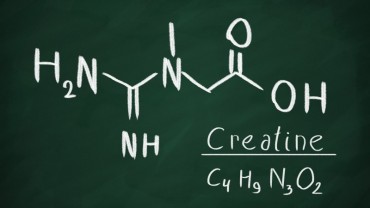
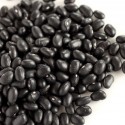


really gotta cut down on sugar…had no idea it was this bad
Hi John! Eating too much sugar is really bad for you, try to decrease sugar consumption gradually.
I had to let sugar go gradually, but now that I have, I really feel a lot better!
Hello Howard! I’m happy to know you cut down sugar intake and feel better:) It makes my work meaningful.
Could you please tell me how much sugar per day is ok?
Hello Esther! According to American Heart Association, men should consume no more than 150 “sugar ” calories per day, women – no more than 100. But don’t forget about your own health condition, diseases, age etc. All these factors influence your daily sugar intake.
Can organic honey substitute sugar? Or is it the same way bad for health?
The numbers of average sugar consumption are terrifying! Must quit eating so much sugary food immediately! Thank you for sharing this info!
How can I keep my children from eating too much sweet? What should give them instead of sugar-containing foods?
Now I see I’m addicted to sugar…Can artificial sweeteners help me cut down my sugar intake? Do they have side effects?